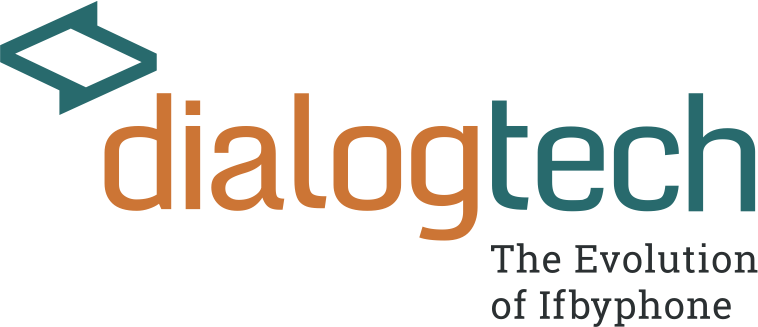Phone Leads Marketplace and a Fresh Coat of Paint: A Briefing with DialogTech
Starting today, Ifbyphone is DialogTech. In conversations with the company last week, it characterized this as a move to more adequately represent the market its pursuing. In the evolutions of mobile devices and overall telephony, voice-based leads aren’t just coming in by “phone.”
Beyond semantics, there are deeper connotations that the company will reveal in the coming weeks. It’s kicking that off today with a new product launch that couples with the brand unveiling. Known as LeadFlow, it’s a toolset for third parties to build call-based leads marketplaces.
In other words it lets anyone create their own pay-per-call market. The idea is that lead brokers can arbitrage calls between incoming sources — such as generic but vertical-specific ads — and advertisers that bid on those leads. Think of it like an ad network in a box, but for voice.
“In the advertising world, affiliates solicit ad networks to run ads on their behalf, then distribute them to businesses bidding on that lead flow,” DialogTech CEO Irv Shapiro told me. “But if you want to do that with voice, you need quite a bit of phone infrastructure. That’s what LeadFlow is.”
In that way, the concept of brokering leads is nothing new. Nor is the overall call monetization opportunity. But bringing the two together is new — at least in this form. The tools to basically build your own call-based leads marketplace is meant to lower barriers to get in the call monetization game.
“This has been done with voice, but only on a proprietary basis by people who build it for themselves,” said Shapiro when I asked what makes this different. “So we’re creating a platform to democratize that make it available to any entrepreneur that believes they can put together a market.”
Meanwhile, the volume of phone calls continues to grow in the smartphone age. And the market value of call leads is growing as well, especially in high-value verticals with high-consideration purchases and complexity. That need for that human interaction isn’t going away, even in a digital age.
“Because something like life insurance is a complex purchase, [consumers] don’t want to fill out a form, they want to call a number,” said Shapiro, “An even better example is home health care. If you are going to find somebody to help watch Mom, you’re talking to them; you’re not doing that over the web.”
And that gets back to the new branding and its double entendre. While call analytics accomplish a log of dialing activity (among other things) the root word is meant to invoke dialogue — the basis of human communication that underlies the call monetization opportunity.

